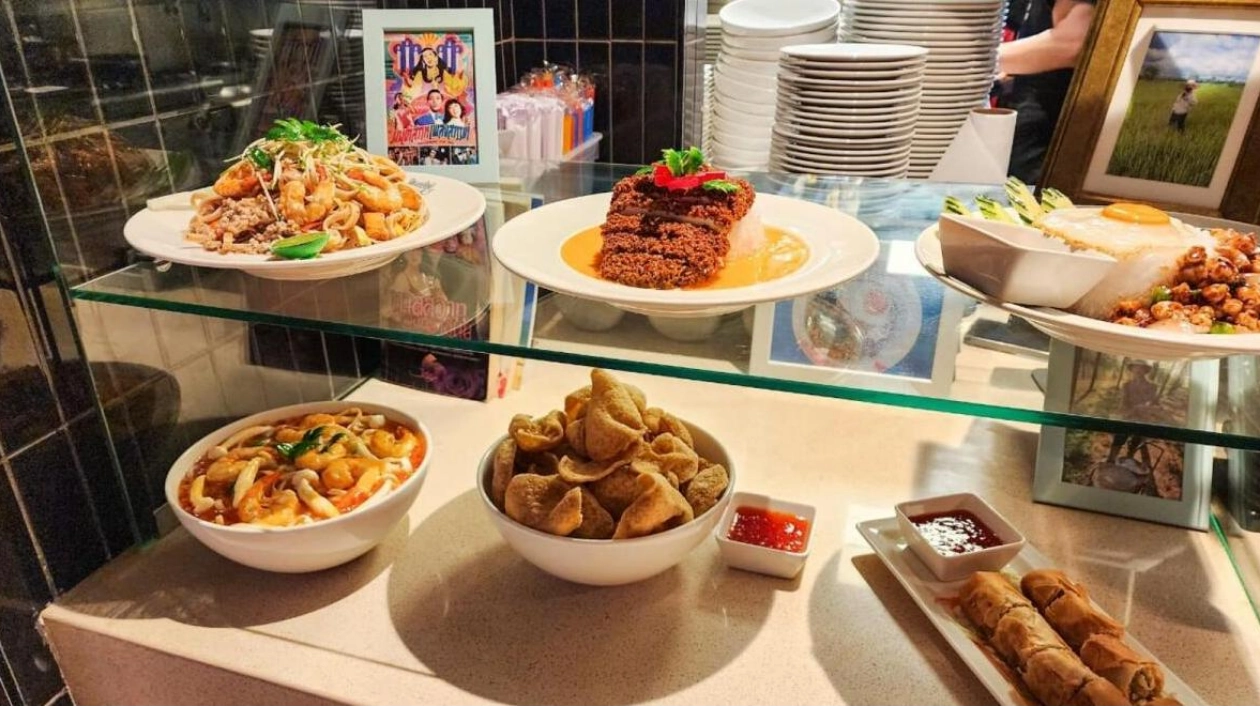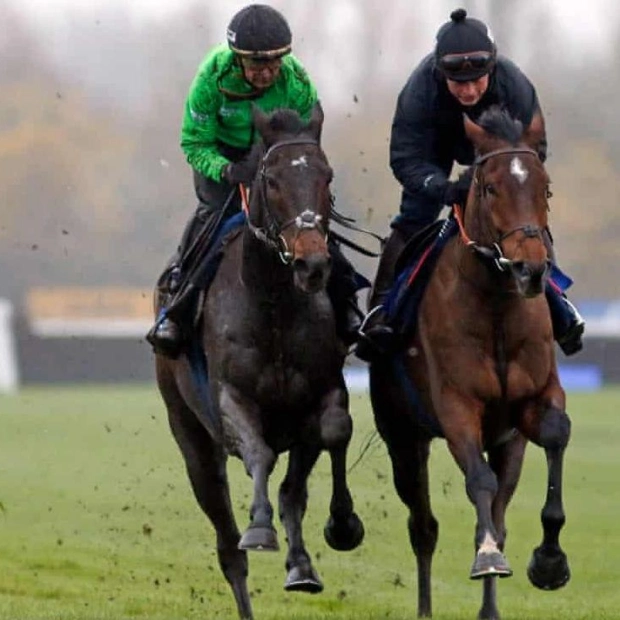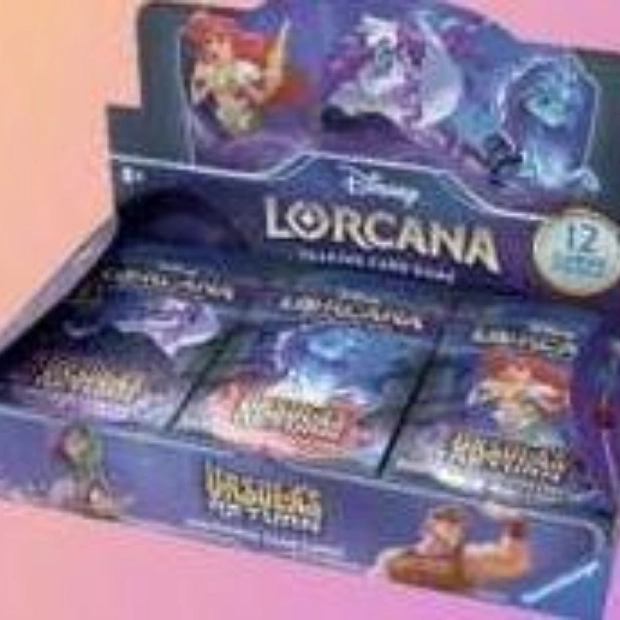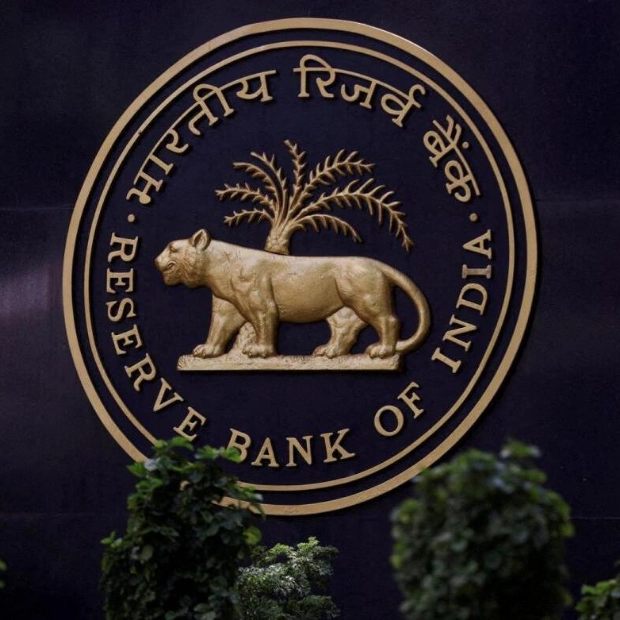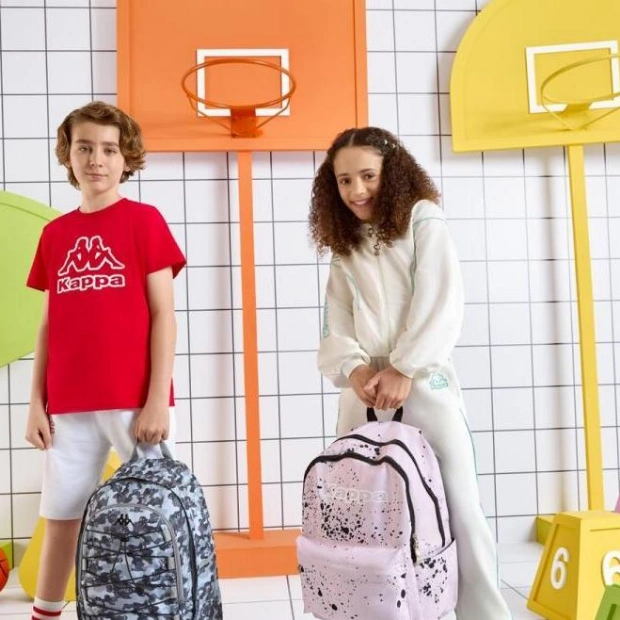Have you ever passed by a food stall, captivated by a dish that appears freshly baked? Upon closer inspection, you might be disappointed to find it's actually a food replica. Numerous eateries, including restaurants, bakeries, and market stalls, now utilize 'fake food' to exhibit their menu items, giving potential customers a precise preview of what they offer. This method not only cuts costs for businesses but also promotes sustainability by reducing food waste.
What goes into crafting these lifelike replicas? Cymira Moen, a UAE resident and dedicated fake food artist, has been honing her craft in Dubai for the past 14 years. Her journey began with a childhood passion for art and a dream to be a chef. 'I always wanted to be a chef, but that opportunity never materialized. My love for art, however, has been a constant since childhood. As I matured, I found a way to merge these passions,' Cymira explains.
Known as the 'Fake Food Chef' on social media, Cymira specializes in producing hyper-realistic food replicas for various clients including restaurants, cafes, and brands. Her creations not only showcase the dishes but also play a crucial role in minimizing daily food waste. 'I've had the honor of working with some of the finest chefs in the UAE and their teams. It's incredibly rewarding to transform their dishes into realistic replicas and see their reactions. Their appreciation truly brightens my day,' she adds.
Cymira's career took off at BB Social Dining, where she collaborated with chefs Spero and Harris, setting the stage for her successful career. Since then, she has undertaken projects across the UAE, Saudi Arabia, and Qatar, making Dubai her creative hub. 'A pivotal moment came when I created hyper-realistic replicas for Little Jun’s by chef Kelvin at Time Out Market—an experience that garnered me widespread recognition,' she recalls.
Cymira's journey into fake food art began with simple practices like crafting fake food jar lids, progressing to creating hyper-realistic replicas of various foods. 'I started as a sculptor, and it took years of dedication and refinement, but now I specialize in crafting hyper-realistic food replicas,' she explains. This art form, she notes, does not require formal education but stems from a deep passion for both food and art.
For Cymira, each project is a unique challenge. 'As a sculptor, I work with various clays, often facing numerous failed attempts. Each cuisine I replicate is like a puzzle, especially when it comes to choosing the right clay to capture its essence,' she describes. Her process often involves collaborating closely with chefs, which she finds both challenging and exhilarating.
Fake food creation supports sustainability by reducing food waste and aligning with the UAE's goals to enhance resource efficiency. 'Using fake food for display in restaurants significantly reduces daily food wastage and saves costs. It helps conserve natural resources and contributes to combating climate change. In the UAE, where food sustainability is a priority, using hyper-realistic fake food in displays helps prevent the wastage of real food that would otherwise be discarded after display,' Cymira explains.
Fake food displays not only save money but also enhance the visual appeal of dishes. 'Using fake food displays can lead to a more visually appealing presentation of dishes, as they can be crafted to look more realistic and aesthetically pleasing compared to real food that may lose its freshness and appearance over time,' says Cymira. Additionally, these displays provide customers with a clearer preview of dishes, potentially increasing customer satisfaction and repeat business.
Fake food is also extensively used in the entertainment industry, ensuring consistency and quality in scenes that involve food. 'Shooting scenes with real food repeatedly isn’t feasible because real food can spoil, lose color, and change texture after hours under hot lights. Moreover, actors can’t hold items like ice cream for extended periods, as it would start melting,' Cymira notes. 'For these reasons, fake food is an essential tool in the entertainment industry, ensuring consistency and quality in every scene.'
